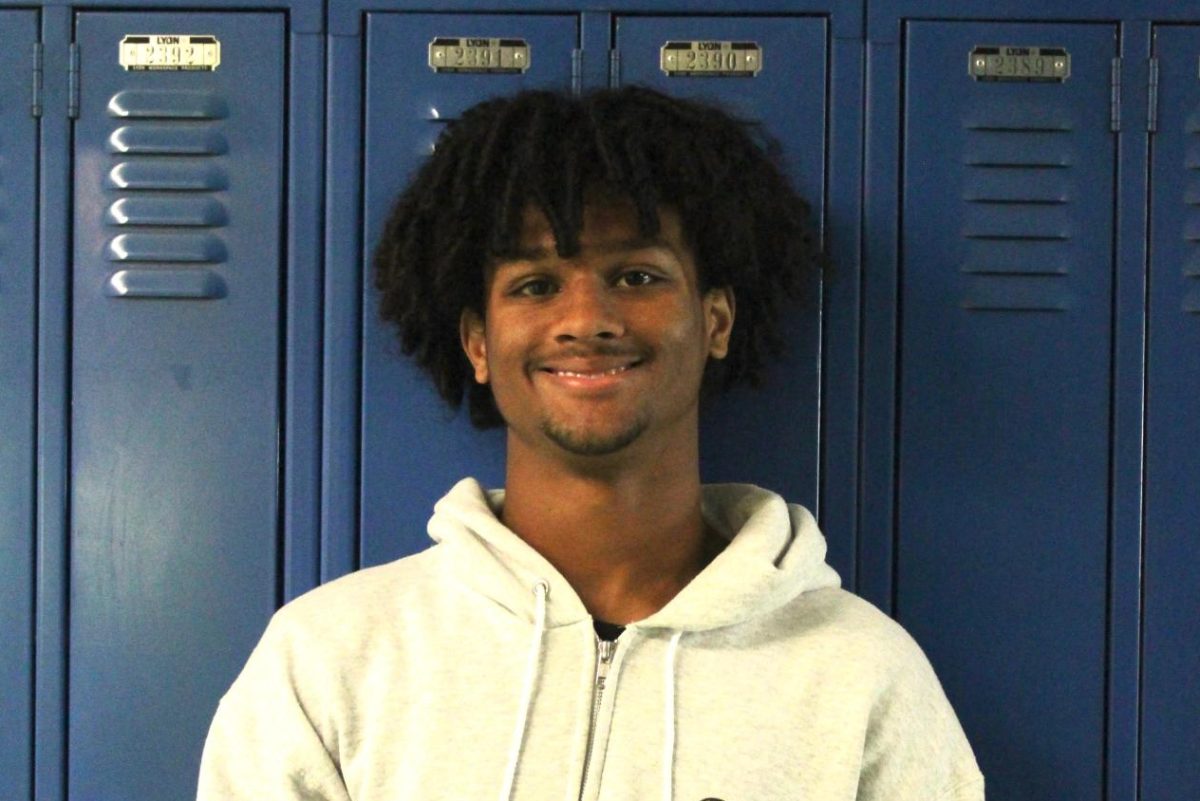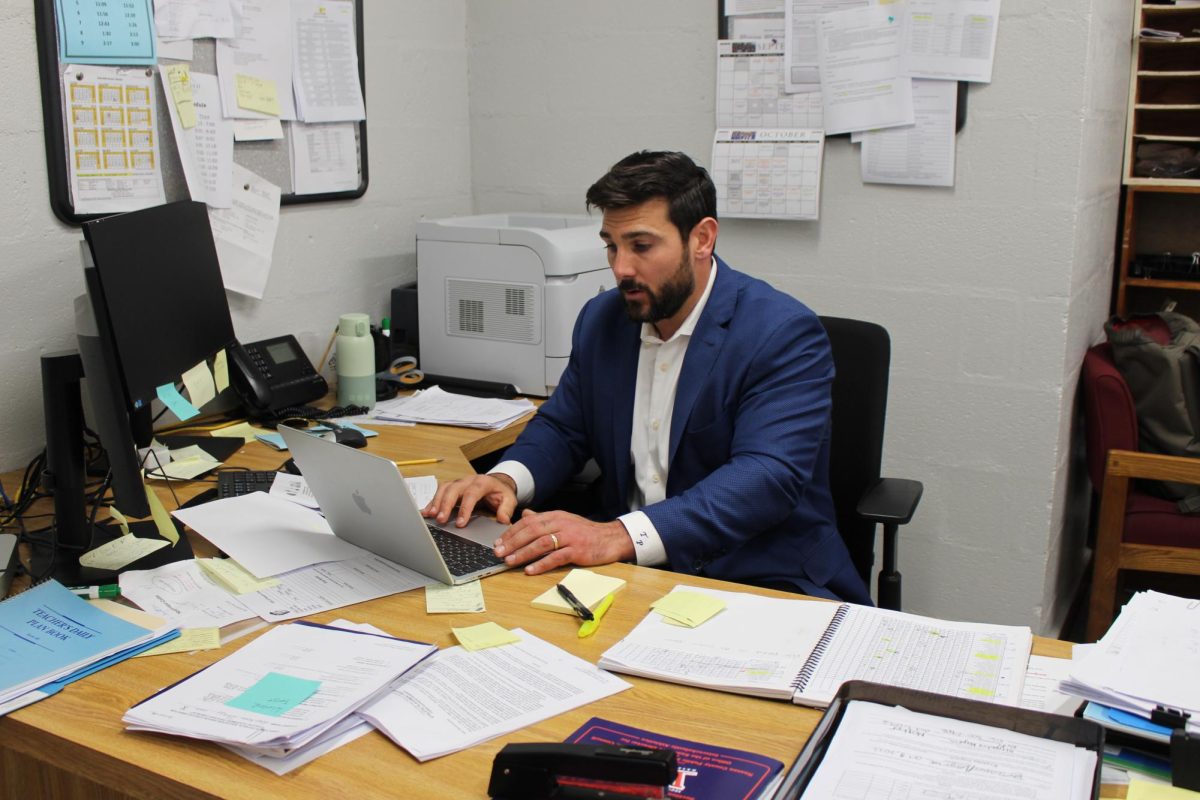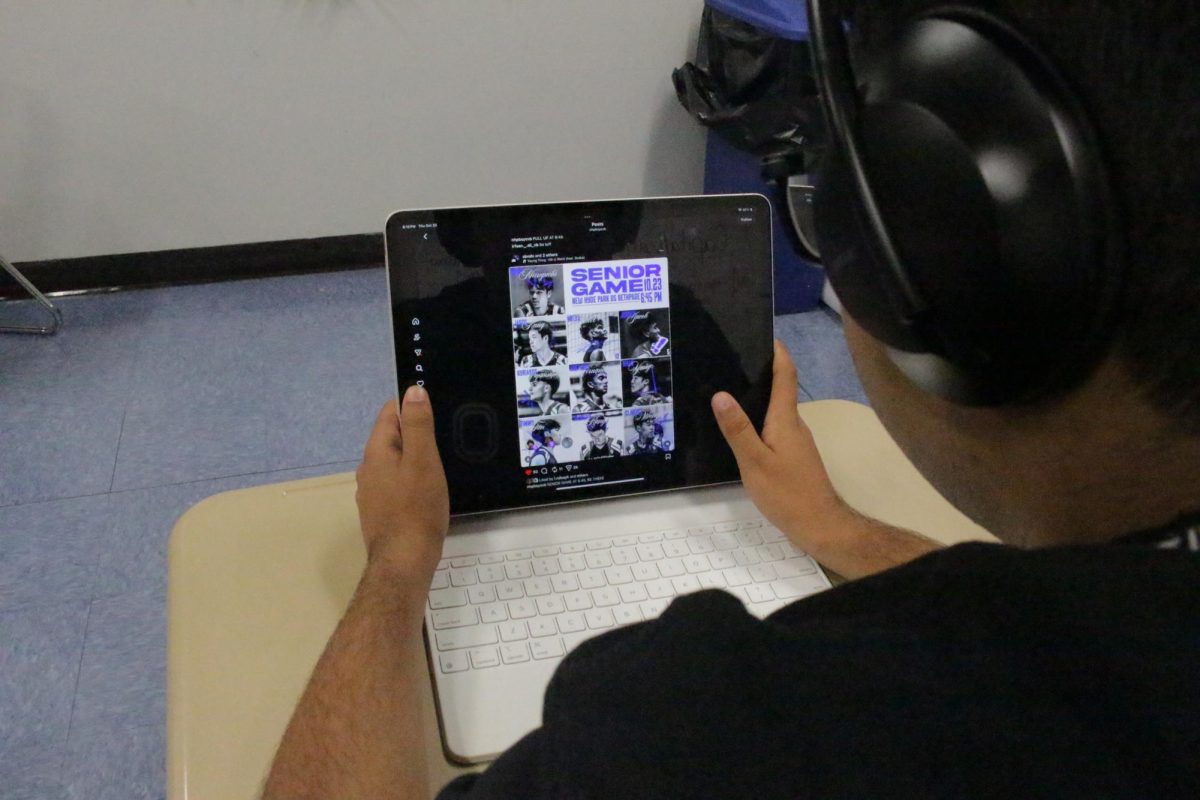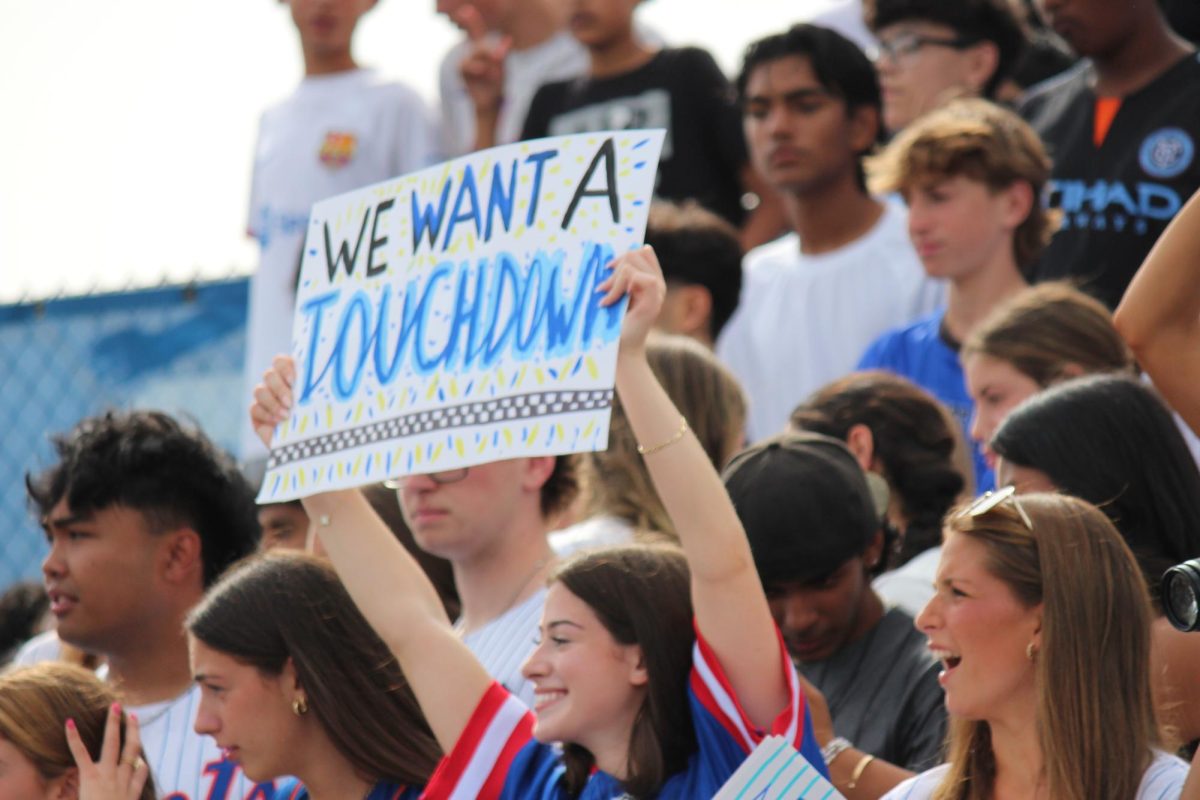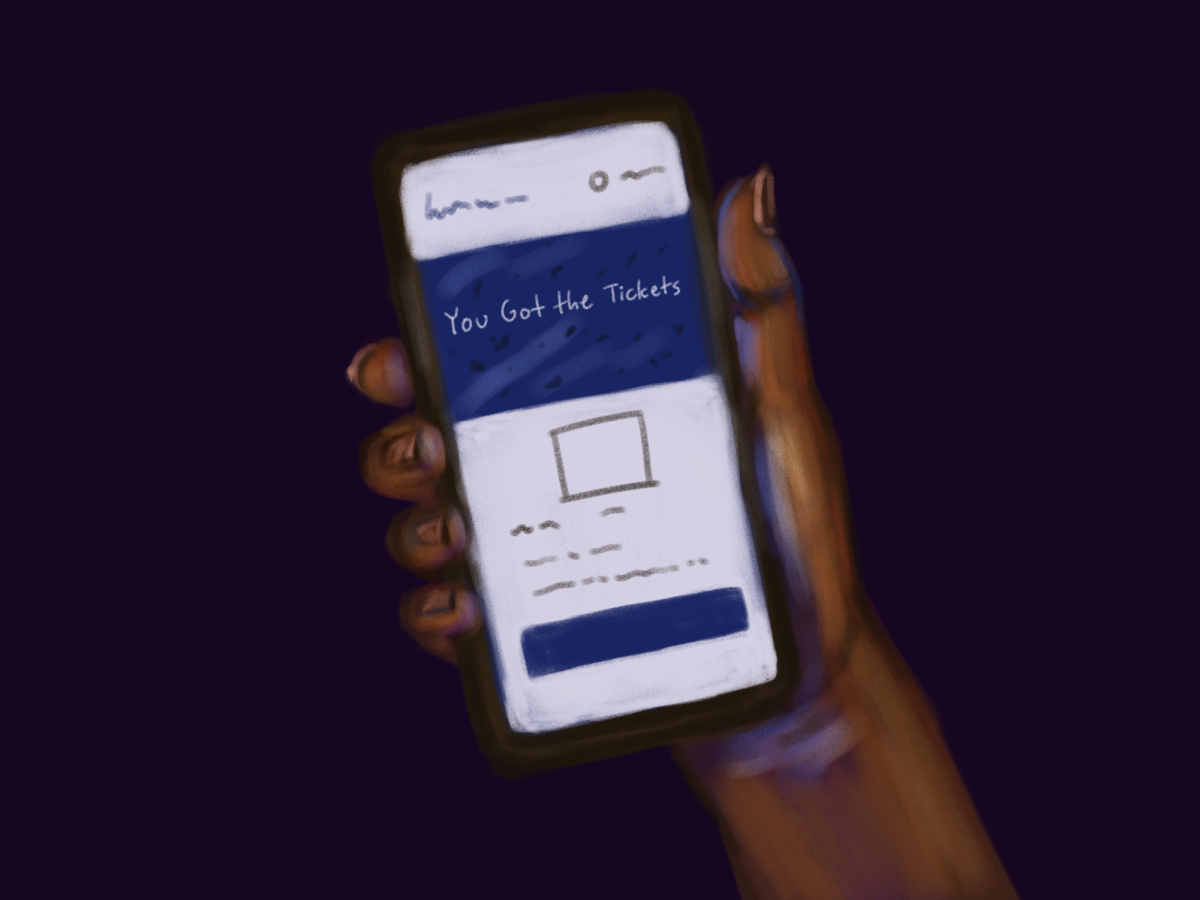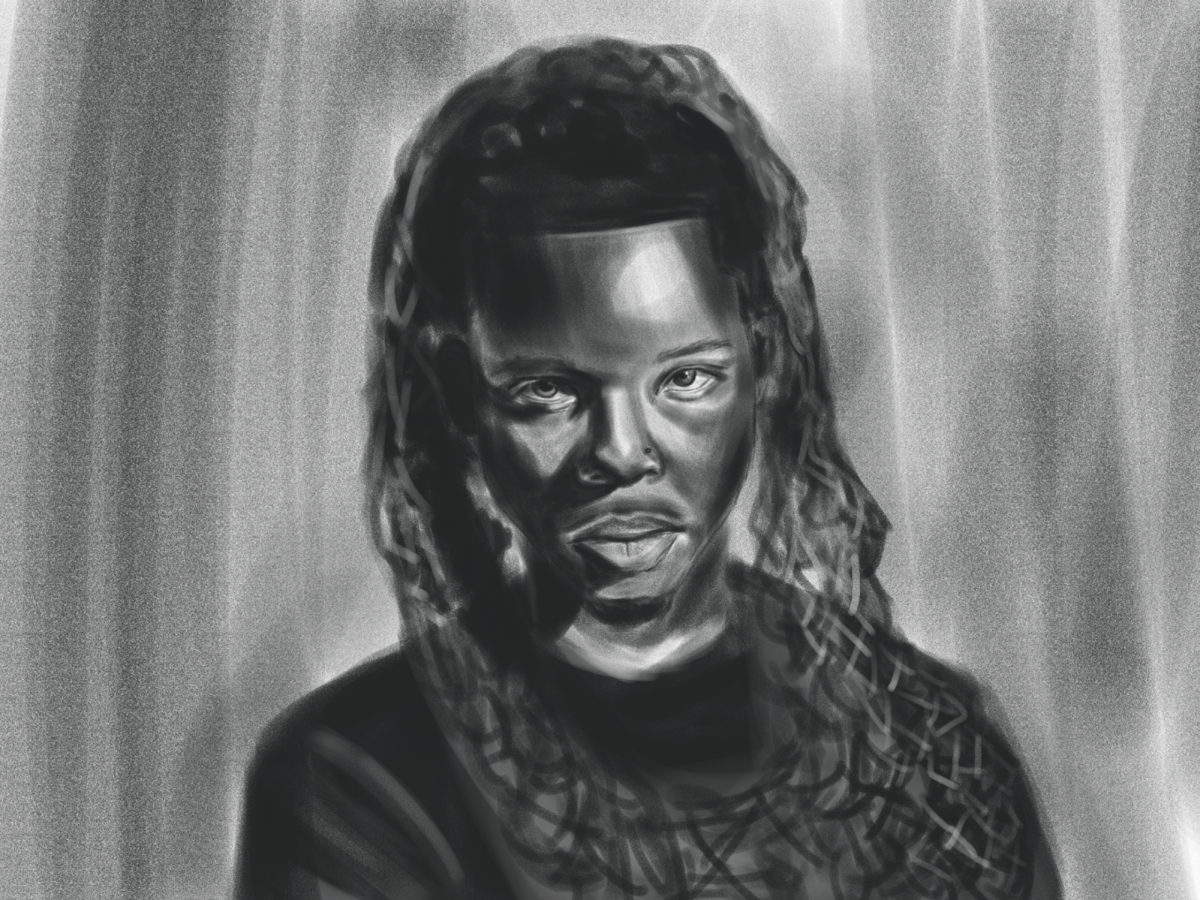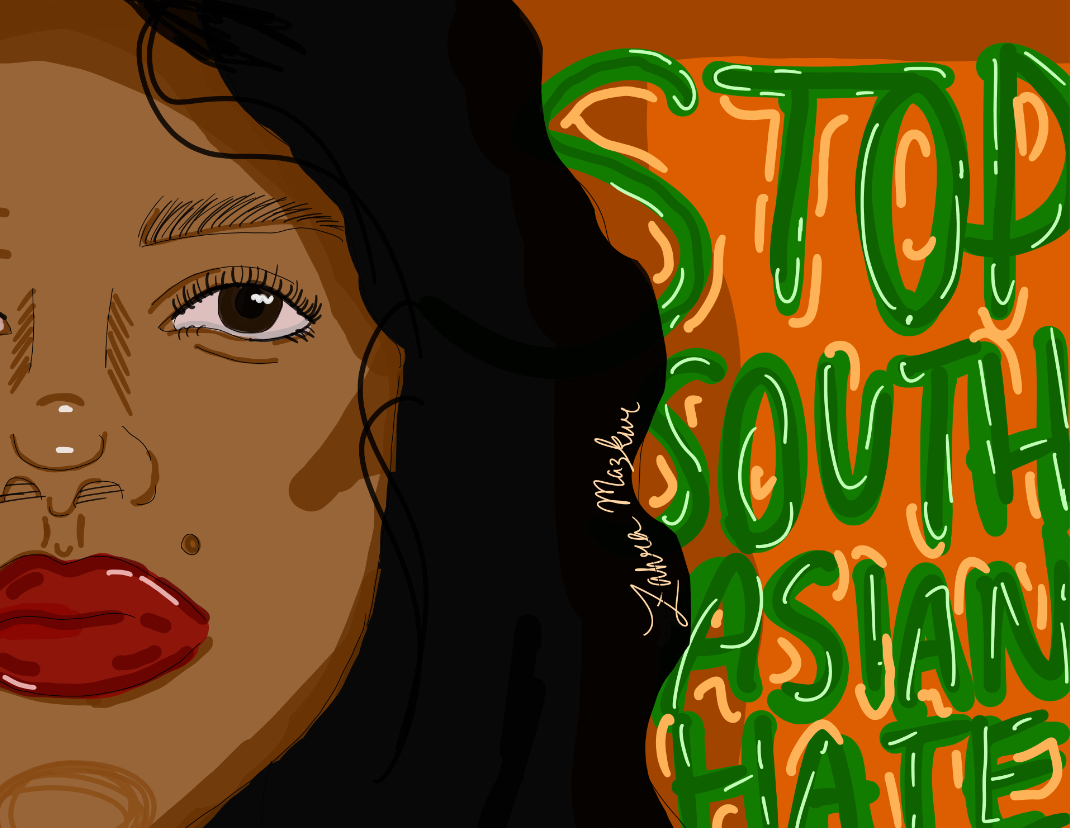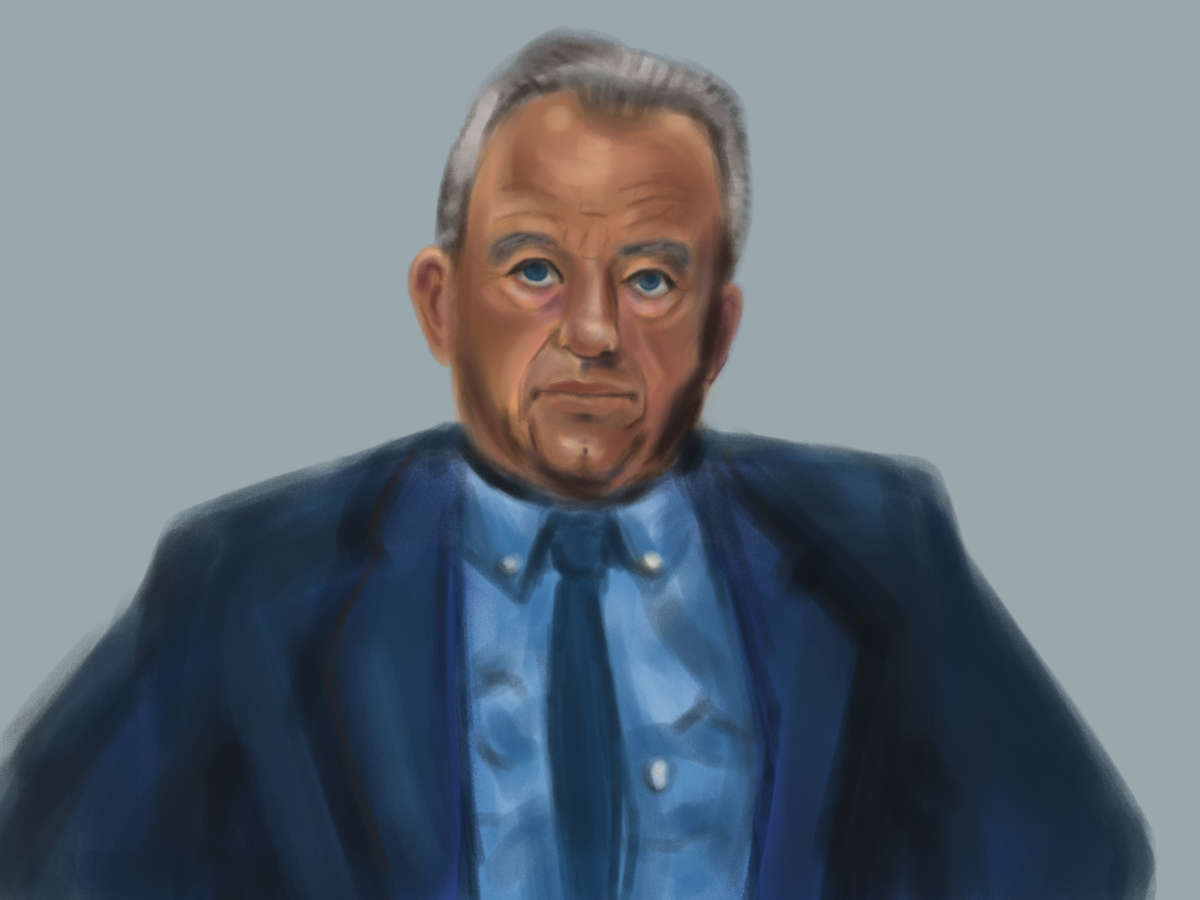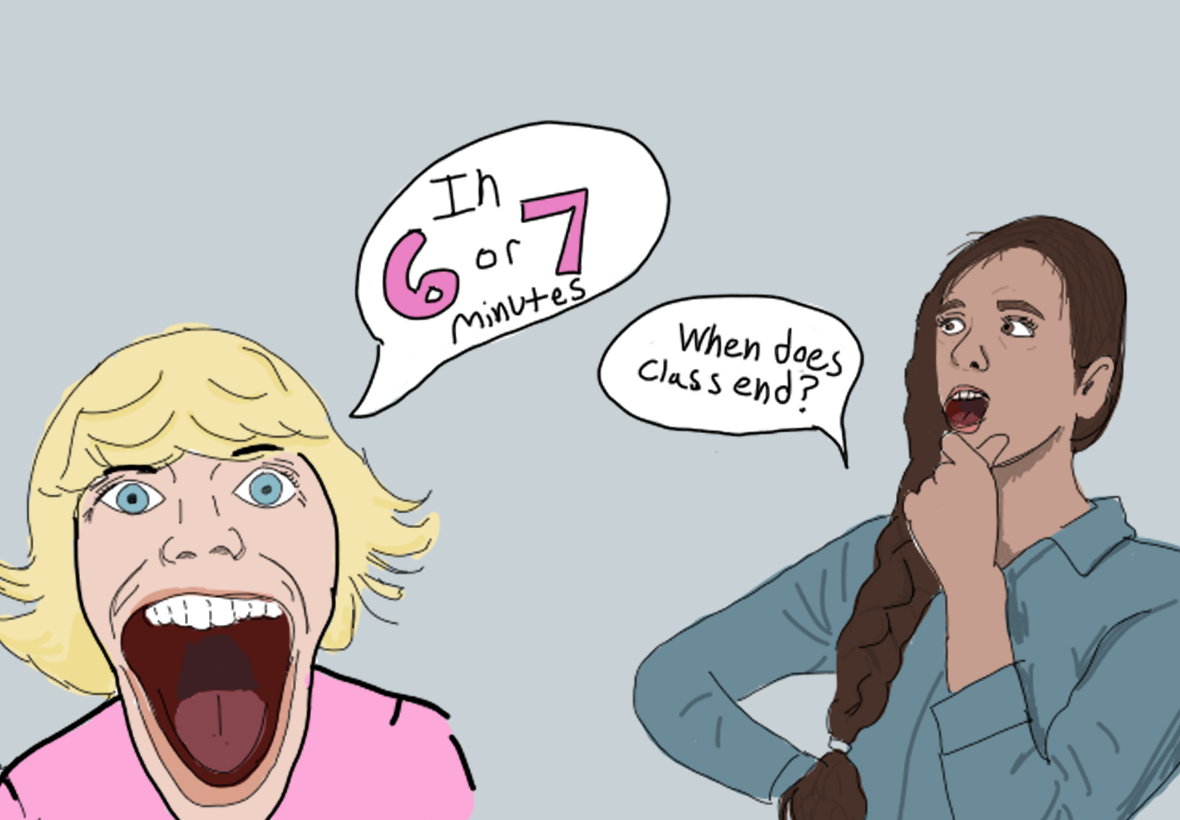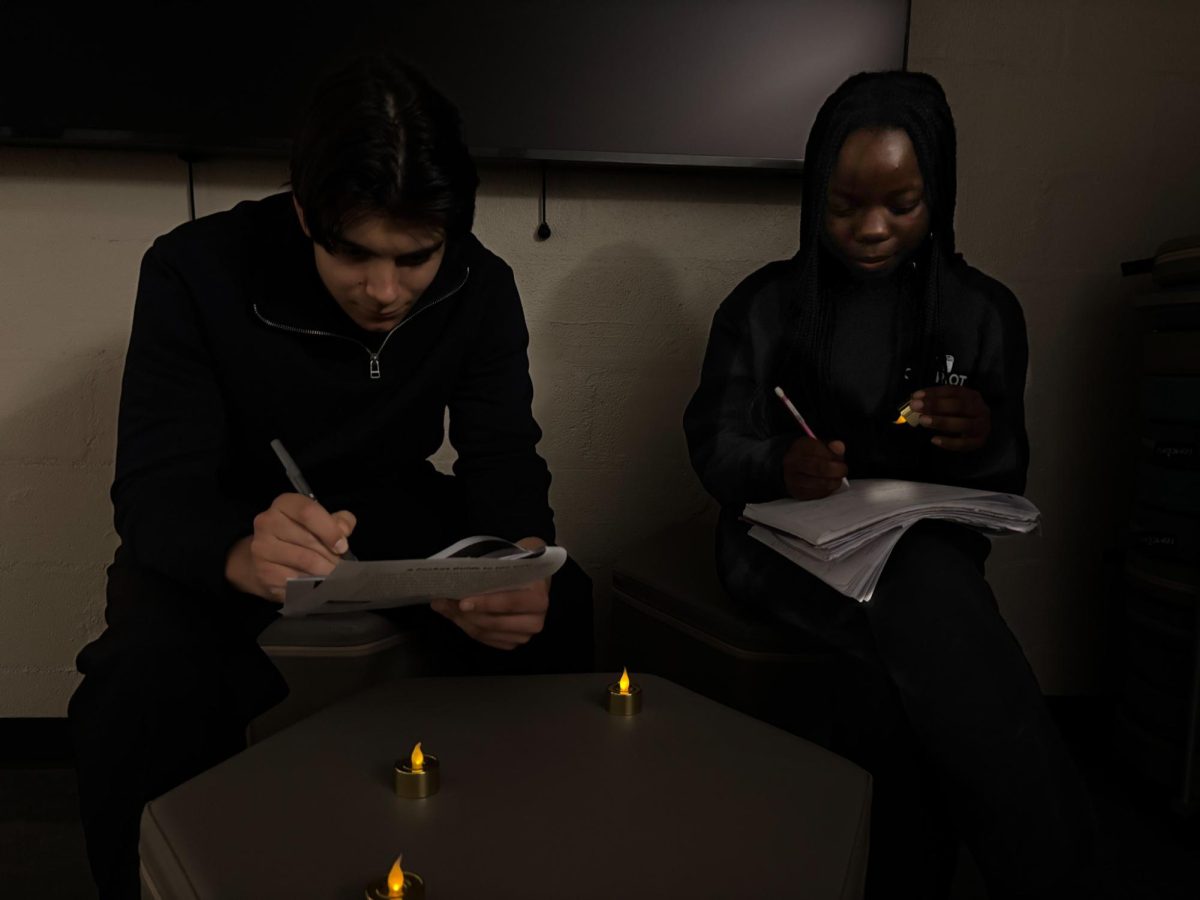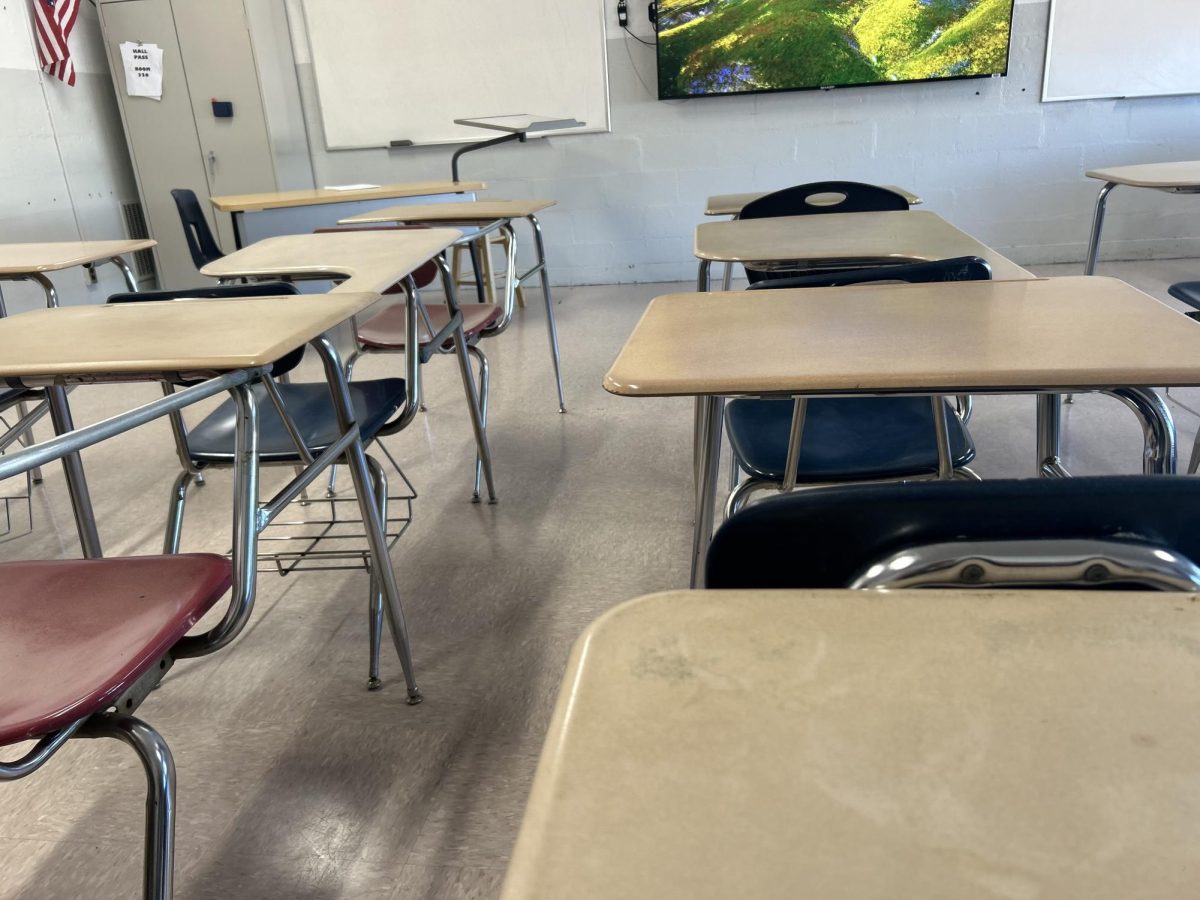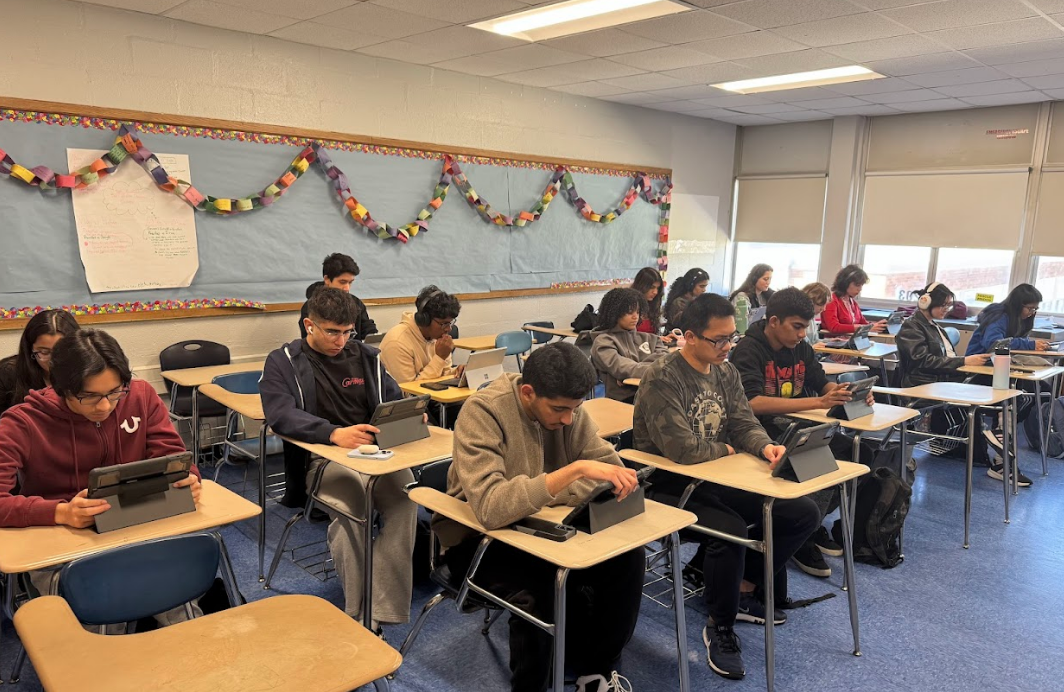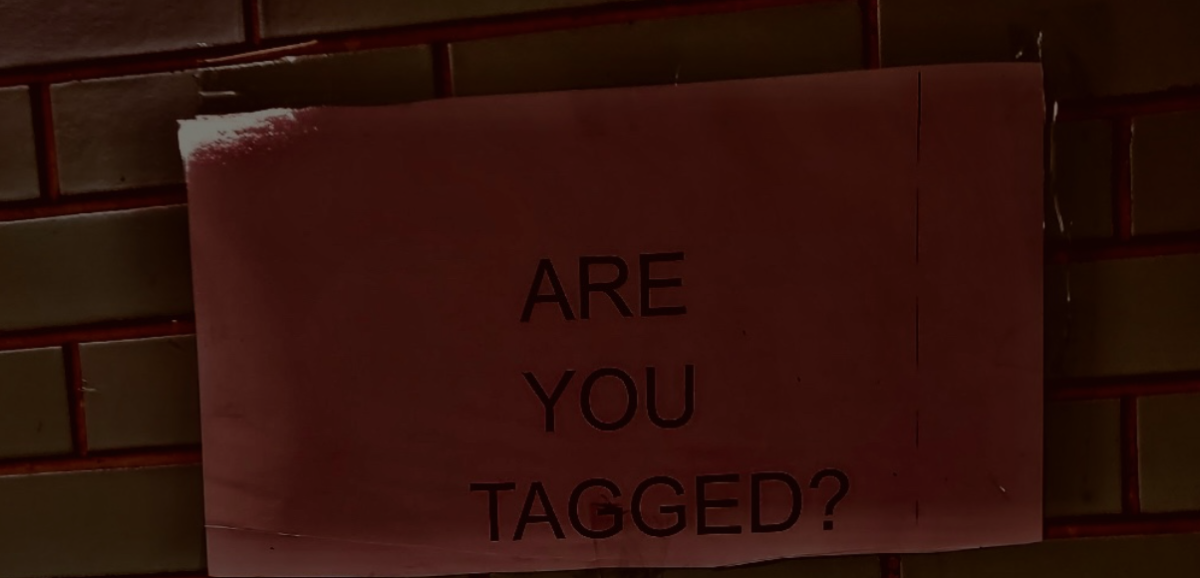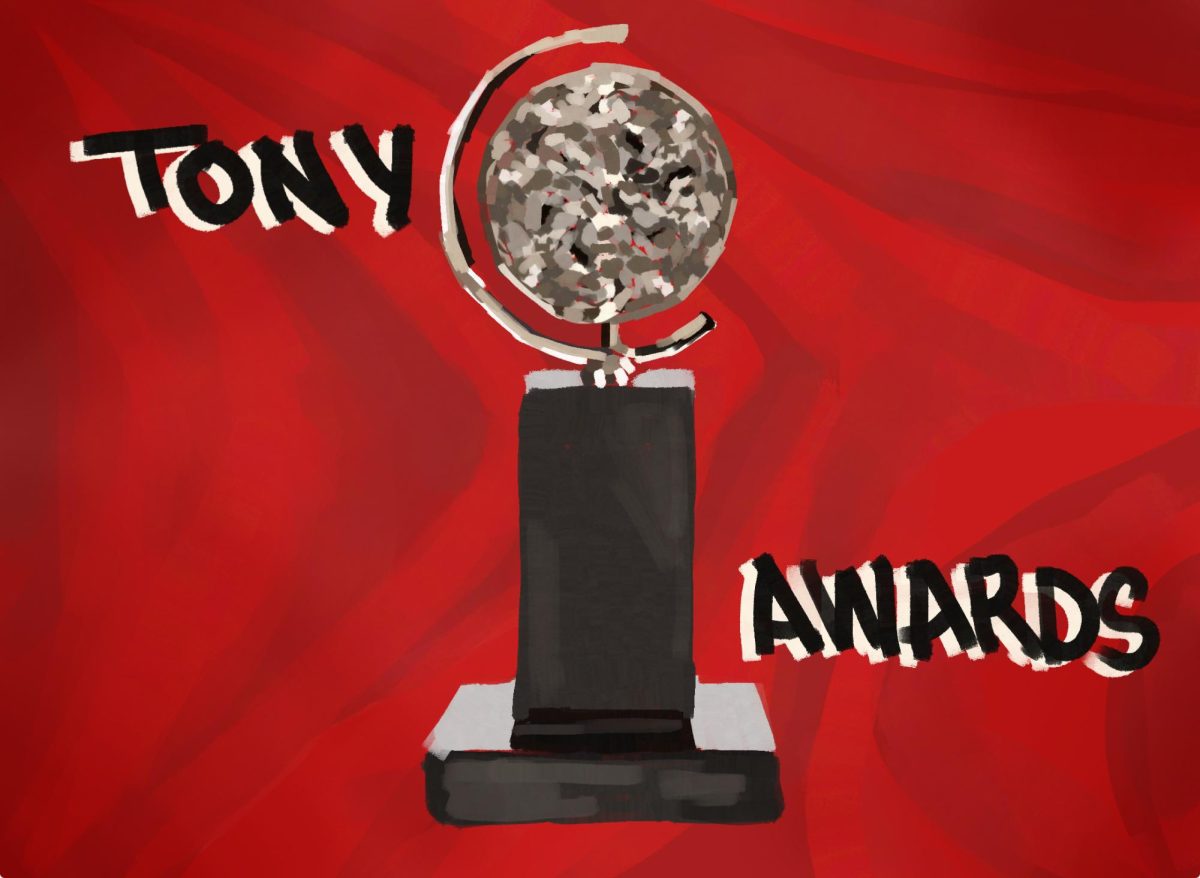The 2025 summer and September concert season, a period of historic wealth for the live music industry, concluded not with an encore but with aggressive federal proceedings. While major tours generated record revenue, the market was defined by an unprecedented gap between retail and resale ticket prices, fueling consumer outrage and culminating in a landmark lawsuit against industry giants Live Nation Entertainment and its holding company, Ticketmaster.
Following what was discussed as its biggest year yet in 2024, the live entertainment industry entered 2025 with soaring expectations. Pollstar’s mid-year charts showed the average revenue per show spiking from 24.9 percent to 32.1 percent. Despite Ticketmaster’s claims of fan savings, data showed resellers making a profit of $41,000 per show by incorporating hidden fees and bait and switch pricing.
“Streaming services and the reduction in royalty fees have forced mainstream artists to go on tour more often and to charge exorbitant prices for their concerts. There needs to be a fix to this. Music should be something that all people can enjoy, not just the will to do,” math teacher Mr Sime said.
Tickets for Ariana Grande’s “Eternal Sunshine Tour” went on sale and sold out within minutes on September 9. Tickets (originally spanning from $50 to $300) sold out immediately, and within seconds, resale sites like StubHub and SeatGeek listed seats for several times their face value, some exceeding $2,000. Soon after, Grande addressed the resulting controversy, stating she was “incredibly bothered by the situation with resale tickets” and reassured fans that her team was “working tirelessly” to find a solution to ensure tickets reached “real fans at fair prices.” The Federal Trade Commission (FTC), joined by seven state attorney generals, filed a landmark lawsuit against Live Nation and Ticketmaster in September.
“As someone who has been to well over 20 concerts this year, finding affordable tickets has become nearly impossible. No ticket despite the location should be over $300. Ticket inflation has made concerts for real fans unobtainable. I think artists should accept and see what is happening with their tickets and find a way to put an end to gouging much like Ariana Grande is attempting to do now,” senior Ella Connolly said.
The 2025 concert season was a rollercoaster for music fans. While artists and promoters celebrated record-breaking tours, many fans were left frustrated and priced out of the very events meant to bring them joy. As the federal government steps in to address these issues, the season serves as a reminder that enjoying live music shouldn’t feel like a luxury and that fans’ voices, not just their wallets, matter in shaping the future of the concert industry.
“Concert ticket prices have skyrocketed in the post-pandemic world,” social studies teacher Mr. Laugen said. “As someone who attends many live shows, I’ve definitely felt the impact on my wallet. What frustrates me most is how major ticket outlets now partner with or create their own resale markets, pushing prices even higher. Many artists also allow dynamic pricing, where ticket costs rise in real time based on demand. Often, it’s the true fans who end up missing out. It’s refreshing to see artists like Robert Smith of The Cure push back against these tactics—I wish more would do the same.”




